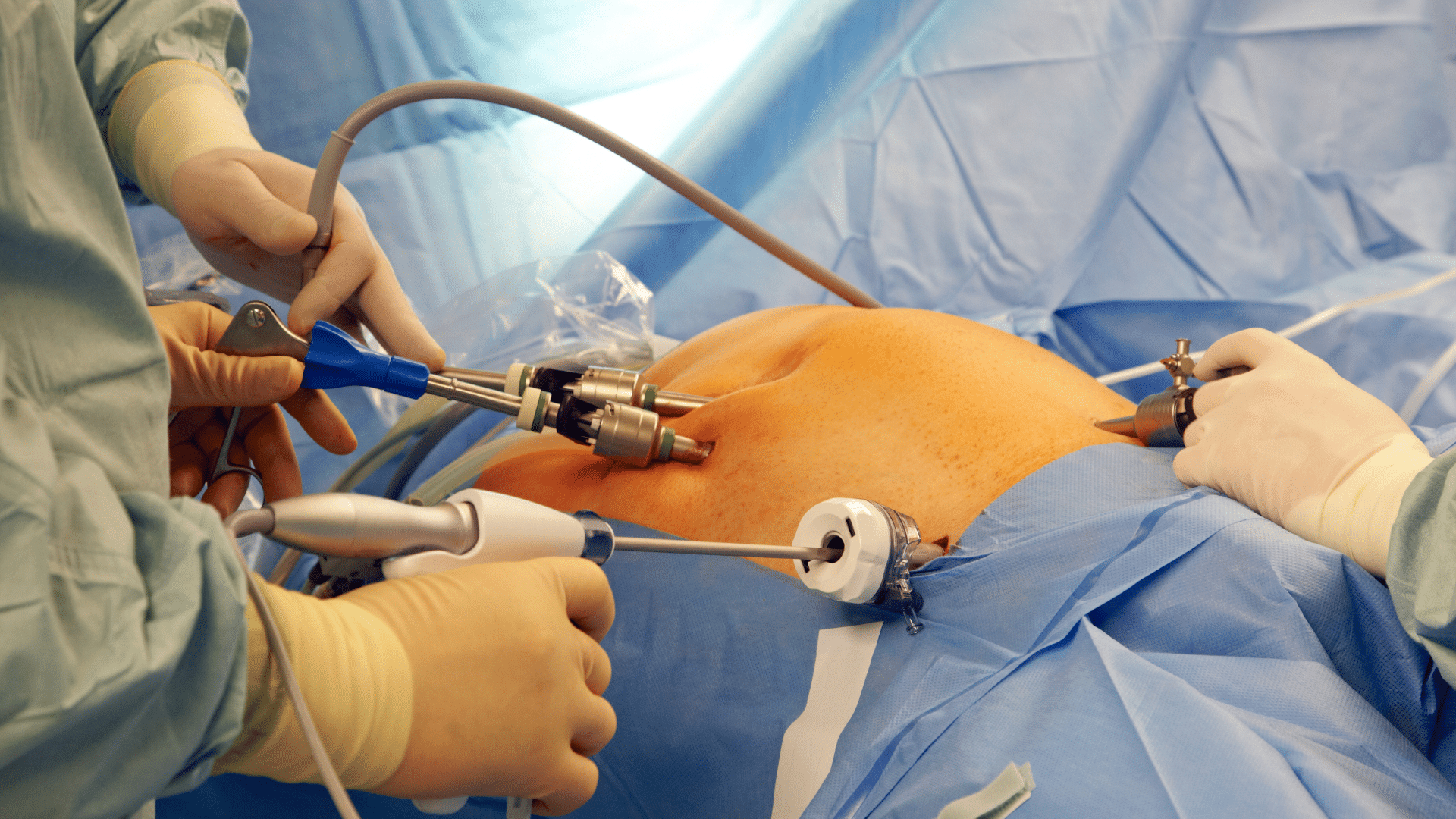Bariatric surgery is a type of weight-loss surgery that helps people who are obese or severely overweight to lose weight by making changes to the digestive system. This kind of surgery changes the stomach and small intestine, which can help patients feel fuller and absorb fewer calories from food.
This guide will discuss bariatric reversal surgery or revision bariatric surgery. This procedure reverses or corrects previous bariatric surgeries due to complications, weight regain, or dissatisfaction with the results.
Introduction to Bariatric Reversal Surgery
Bariatric reversal surgery is a procedure that aims to reverse or correct previous bariatric surgeries. It can be complex and challenging, as it involves changing the digestive system previously altered during the initial weight-loss surgery. There are several reasons why someone might need bariatric reversal surgery.
These include:
- Complications from the initial bariatric surgery: Some patients may experience complications after their first bariatric surgery, such as malnutrition, dumping syndrome, or gastrointestinal issues. Bariatric reversal surgery can help address these complications and improve the patient’s quality of life.
- Weight regain: While bariatric surgeries are highly effective in helping people lose weight, some patients may experience weight recovery over time. Bariatric reversal surgery can help these individuals get back on track and maintain their weight loss.
- Dissatisfaction with the results: In some cases, patients may not be satisfied with their initial bariatric surgery results. This could be due to insufficient weight loss or unwanted side effects.

Types of Reversible Weight Loss Surgery
The decision to undergo bariatric reversal surgery should not be taken lightly. It is essential to consult with a qualified bariatric surgeon and explore all available options before deciding.
Common Bariatric Surgery Reversible Questions:
Some of the commonly used techniques in bariatric reversal surgery include:
- Gastric Bypass Reversal Surgery – This procedure involves reconnecting the digestive system after a gastric bypass surgery, allowing food to flow through the stomach and small intestine again.
- Lap-Band Reversal – Gastric band removal includes removing the adjustable gastric band and any associated hardware, returning the stomach to its original size.
- Gastric Sleeve Reversal Surgery
Is Reversing Your Bariatric Procedure the Right Step?
It is crucial to consult with a bariatric surgeon and discuss the reasons for considering bariatric reversal surgery. The decision should be made after carefully considering the potential benefits, risks, and alternatives.
Some factors that may indicate it’s time for bariatric reversal surgery include difficulty eating or drinking, persistent complications or side effects, severe weight regain, or dissatisfaction with the initial results.
However, it is essential to remember that bariatric reversal surgery is not a quick fix. It requires commitment and lifestyle changes to maintain long-term weight loss success.
There are also risks and complications associated with surgery, including infection, bleeding, and digestive issues. Therefore, working closely with a bariatric surgeon and following all post-operative instructions is essential to minimize these risks.
Preoperative Considerations for Bariatric Reversal
Before surgery, patients must undergo a thorough evaluation by their bariatric surgeon. This will include blood tests, imaging scans, and consultations with other specialists to ensure the patient is healthy enough for surgery.
Patients may also need to make lifestyle changes, such as quitting smoking or losing weight before the procedure. It is essential to follow all preoperative instructions to ensure a successful outcome.
Intraoperative Details of Bariatric Reversal Surgery
Bariatric reversal surgery is typically performed under general anesthesia and can take several hours to complete, depending on the specific procedure.
The surgeon will make small incisions in the abdominal area to access the stomach and small intestine. After reversing or correcting the previous bariatric surgery, the incisions are closed with sutures or surgical staples.
Sometimes, patients may need to stay in the hospital for a few days after the procedure. They will be closely monitored for complications and receive post-operative care instructions during this time.
Post-operative Care and Recovery
The recovery period after surgery can vary from person to person. Patients must follow a strict diet and exercise plan and attend regular follow-up appointments with their bariatric surgeon.
It is essential to stick to the recommended dietary guidelines and gradually increase physical activity levels under the guidance of a healthcare professional. This will help ensure a smooth recovery and long-lasting results.
Psychological Impact of Bariatric Reversal
In addition to the physical changes, surgery can also have a significant psychological impact on patients. Some may experience disappointment or failure, while others may feel relieved and hopeful for better results.
It is essential to address any psychological concerns before and after the procedure through counseling and support groups. This will help patients cope with the emotional aspects of undergoing bariatric reversal surgery.
Body image issues may also arise, and it is crucial to have a supportive environment and seek professional help if needed.
Comparing Reversible Bariatric Procedures
While surgery can help address complications and weight regain after initial bariatric surgery, it is essential to compare the potential benefits and risks of different reversible procedures.
Factors such as weight loss success rates, complications, and long-term effects should be considered before deciding. Consulting with a qualified bariatric surgeon can provide valuable insights and help make an informed decision.

FAQs about Bariatric Reversal Surgery
Below are some frequently asked questions:
- How long do I need to wait before undergoing bariatric reversal surgery? – It is best to wait 12-18 months after the initial bariatric procedure before considering a reversal.
- Can a gastric bypass be reversed, and how is it done? – Yes, a gastric bypass can be reversed through a procedure called gastric bypass reversal.
- What patients should know about the reversibility of gastric banding? – While gastric banding is reversible, it may not always be the best option for long-term weight loss success. Discussing potential alternatives with a bariatric surgeon before initial surgery can help prevent the need for reversal in the future.
Advancements in Bariatric Reversal Techniques
Bariatric reversal surgery has evolved with advancements in surgical techniques and technology. One such advancement is laparoscopic or minimally invasive bariatric reversal surgery, which uses small incisions and specialized instruments to reduce scarring, pain, and recovery time.
Another newer technique is endoscopic bariatric reversal, where a flexible tube with a camera attached is inserted through the mouth into the stomach to perform the procedure. This technique minimizes scarring and has a faster recovery time. These advancements make surgery safer, more efficient, and less invasive for patients.





